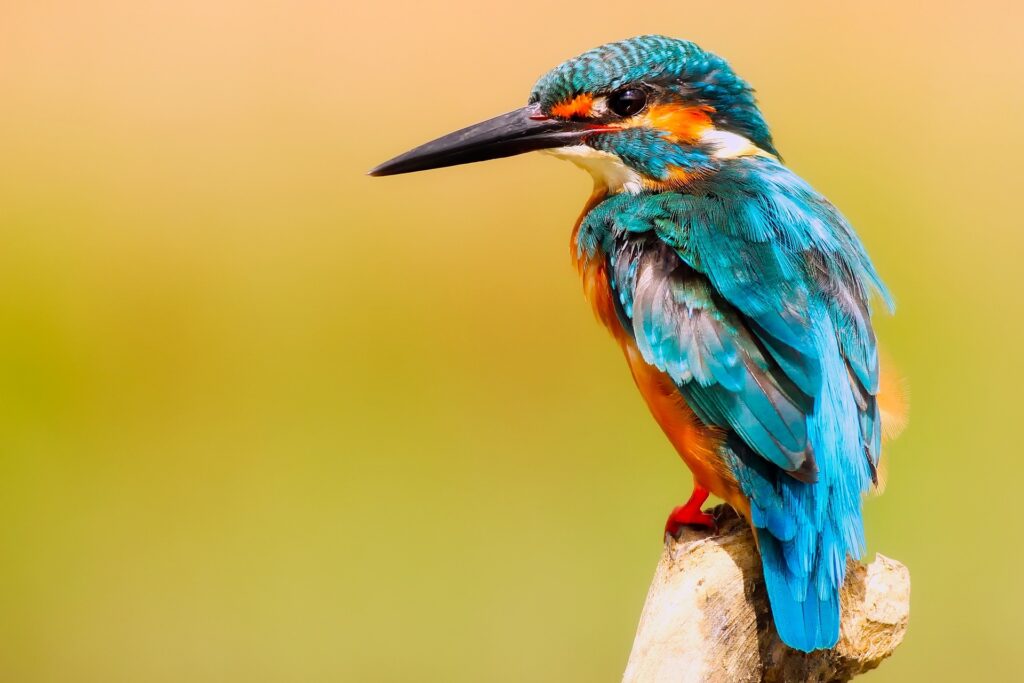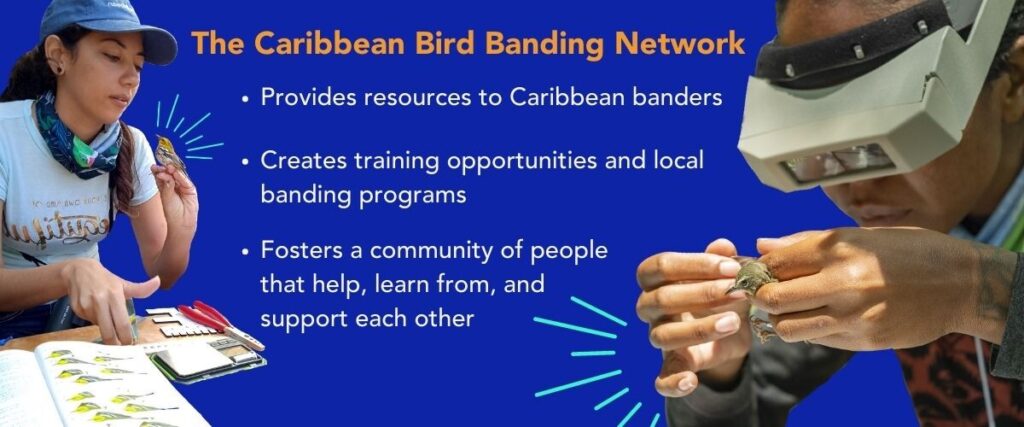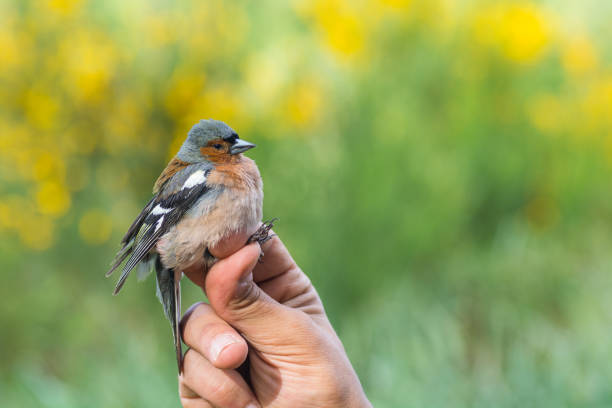

It’s the time of year where birds are singing and dressed in their finest feathers, the time where the weather is warm and inviting, and there is a general feeling of being energised with the promise of renewal and fresh starts.
This is the time of year where bird conservation is more at the forefront of discussions because of peak bird migrations.
Saturday (May 13) was celebrated as Global Big Day and BirdsCaribbean observed the day by participating in the global event and collecting data of various bird species within a 24-hour time span.

Every year, twice a year, during peak migration times, in the Spring and Autumn seasons, birders around the world go out in, often in small, and travel around an area trying to observe as many bird species as they can within the allotted amount of time. They follow particular checklists used by the global community, collects and submit to eBird, which is an online database of bird observations that providie scientists, researchers, and amateur naturalists with real-time data about bird distribution and abundance.
In addition to bird observation and data collection, BirdsCaribbean has started an online fund-raising activity where the proceeds will benefit the Caribbean Bird Banding (CBB) Network. The goal of the initiative is to build capacity for bird banding in the Caribbean.
“We are bringing back our popular teams competition this year, celebrating the bird diversity, excitement, and camaraderie associated with Global Big Day. Last year, 15 teams with members from 29 countries reported a total of 1,078 species and raised close to $14,000! The competition was fierce and great fun. Let’s make this year even better,” said BirdsCaribbean on their fundraising page.

“We need your support to host training workshops, sponsor internships, provide banding supplies, and grow our community of scientists that are advancing research and conservation of Caribbean birds,” they added.
Benefits of bird banding
It is one of the oldest and most important techniques used for studying and identifying individual birds. Banding is the practice of catching birds, marking them with an identifying band around the leg, and then releasing them. In engaging in this activity, which is sometimes referred to as ‘a bird in the hand’, birders can:
- Look at body condition, assessing fat scores and body weight, which in turn sheds light on the quality of the habitats these birds are using
- Assess differences between younger vs older birds or male versus female birds in aspects such as habitat, migratory routes, among others
- Better understand the timing of breeding and life history for many of the understudied Caribbean endemics
- Find out which migratory routes the region’s shared birds are taking and gain a better understanding of factors influencing survival and longevity of many species.

BirdsCaribbean shared that the region is a critical area for birds as there are 176 species that occur within the islands and nowhere else in the world. In addition, “the islands provide a winter home for numerous migrants as many stay for six months or longer while others rely on the islands as stopover sites to rest and refuel during their long journeys north and south.”
The organisation highlighted the unfortunate reality that Caribbean birds face many threats, such as climate change, destruction and degradation of their habitats, invasive species, and hunting. They said that recent studies “have shown alarming declines in populations of many bird species. We have much to learn about what is causing these declines and what we can do to reverse them”.
If you are interested in getting involved with the conservation of birds within the Caribbean, connect with BirdsCaribbean @birdscaribbean on Instagram or on their website at birdscaribbean.org.
Send feedback to [email protected]







Comments